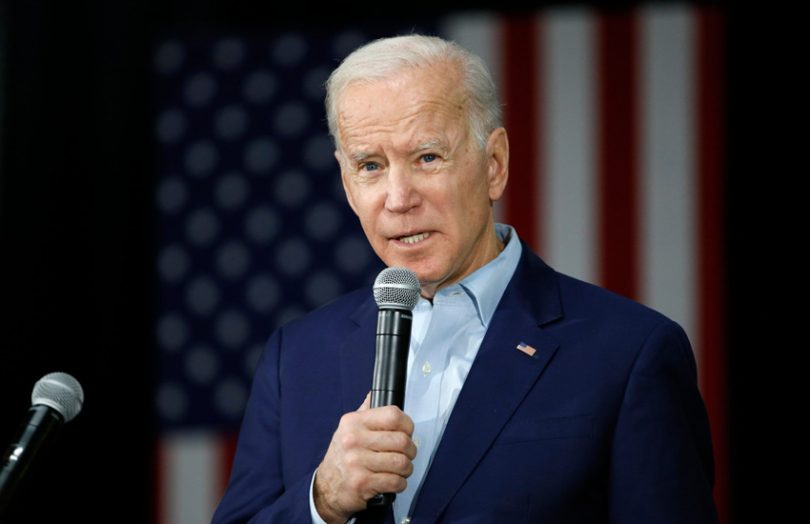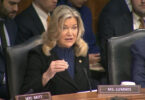Two blockchain industry bodies, Don Tapscott’s Blockchain Research Institute and the Digital Chamber of Commerce, collaborated on a 120-page digital strategy document targeted at the Biden administration. The Digital Chamber first outlined a national blockchain strategy for the United States in February 2019.
The document asks for a coordinated approach to legislation around blockchain and digital currencies. Although we’d note the Biden administration’s nominees for key positions are already far advanced. With Gary Gensler as the confirmed Biden pick to lead the SEC, there’s already a step in the right direction. Blockchain savvy Gensler has a track record of action when he was previously at the Commodity Futures Trading Commission (CFTC) after the 2008 crisis. He will likely help with clarity, although industry participants won’t necessarily like it. It’s also thought that former Ripple advisor Michael Barr may be appointed to lead the Office of the Comptroller of the Currency (OCC).
Back to the strategy paper, the number one suggestion is to recognize self-sovereign identities (SSI) to enable citizens to control their own data. The pandemic and the need for so-called immunity passports have raised the profile of SSI solutions that can enable trust in something like a COVID-19 test or proof of vaccination but allow the individual to control with whom they share the information.
The paper calls for a “Digital Marshall Plan” or a coordinated approach to using technology within the government. Along the same lines, in December, Congressman Soto published a one line bill, the “Blockchain Technology Coordination Act of 2020”. The bill states, “There is established within the Department of Commerce a National Blockchain Technology Coordination Office (in this Act referred to as the “Office”) which shall be organized and led by a Director, who shall be appointed by the Secretary not later than 60 days after the date of enactment of this Act.”
The balance of the paper focuses on broader digital strategies such as community and citizen engagement and rekindling entrepreneurship.






